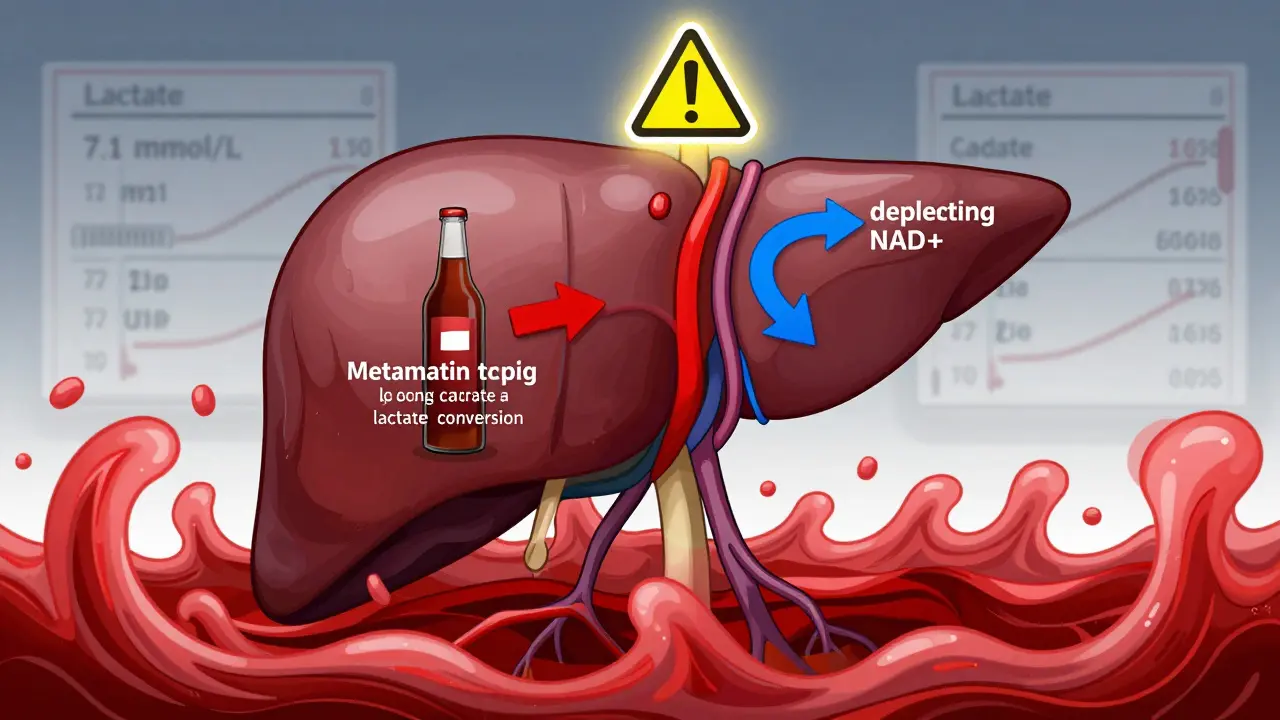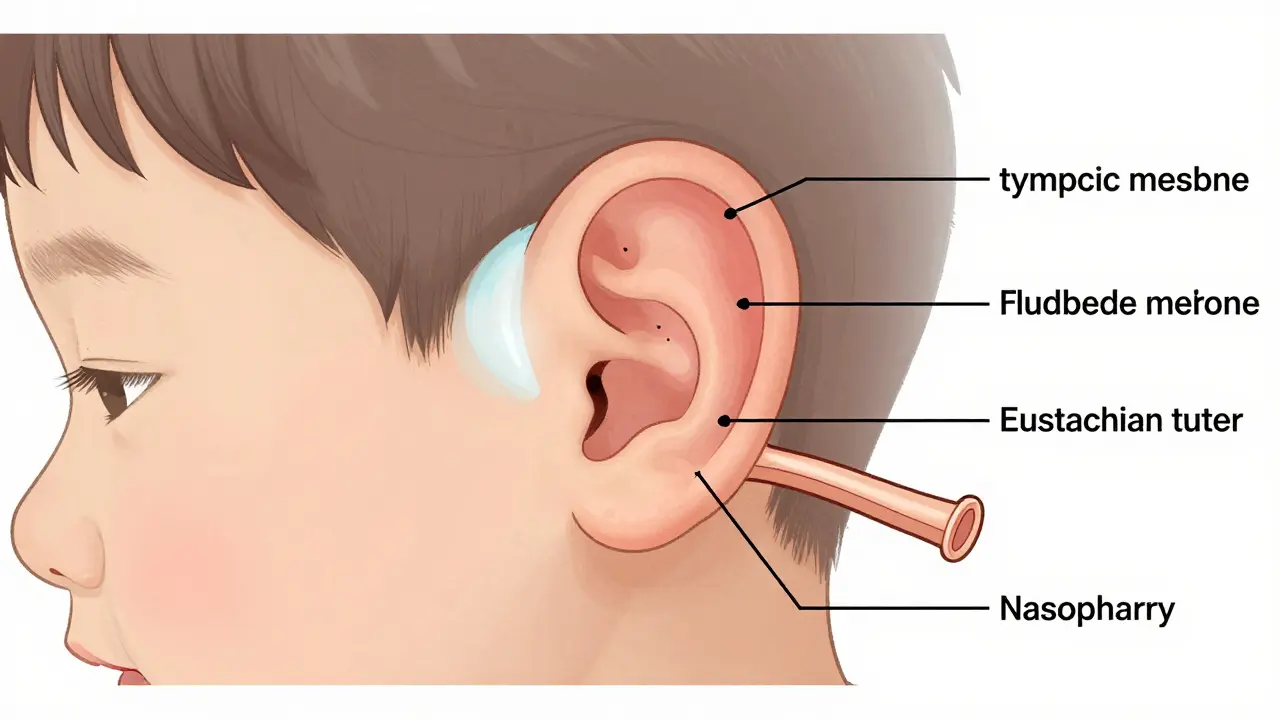Medications and Treatments — Practical Guides & Drug Alternatives
Want clear, no-nonsense info on medications and treatment options? This category is built for that. You’ll find straightforward comparisons, real alternatives when a drug isn’t right, and practical safety tips you can use in conversations with your doctor.
We cover common situations: replacing a steroid like prednisone, choosing another antibiotic when cephalexin isn’t suitable, or finding alternatives for antidepressants and inhalers. You’ll also see guides on special cases such as pregnancy and assisted reproduction, plus a how-to for buying certain meds online safely.
Each article follows the same simple format: what the drug does, who should consider it, clear pros and cons, common side effects, and monitoring needs. Where helpful, we add short comparison tables or step-by-step advice so you can quickly see the differences without getting lost in jargon.
How to use these guides
Start by reading the quick summary at the top of any post to see if the topic fits your situation. Next, check the sections on side effects and interactions—those usually tell you whether a medication is a deal-breaker if you have allergies, are on other drugs, or have certain health issues.
Think about three things while you read: effectiveness for your condition, safety for your specific health profile, and cost or access. If a post mentions lab monitoring (for example with methotrexate or allopurinol alternatives), note how often tests are needed—those details matter in real life.
Use the site search to find exact topics (like "Wellbutrin alternatives" or "Symbicort alternatives") and compare two or three options before talking with your clinician. Bring the article or a printed pros-and-cons list to your appointment; it makes shared decisions faster and clearer.
Quick safety checklist
Never stop or switch prescription meds on your own. Ask your provider about drug interactions—especially if you take blood thinners, antidepressants, or immune drugs. Check pregnancy and breastfeeding notes before considering alternatives. Look for required lab tests and know who orders them and how often. For online purchases, verify the pharmacy is legitimate, requires a prescription, and lists clear contact info.
We aim to give practical steps, not to replace medical advice. If you’re dealing with side effects, allergic reactions, or worsening symptoms, contact your healthcare provider right away or seek emergency care. For non-urgent questions, use the article to prepare specific questions—what dose to try, how long to wait for benefits, and what side effects to watch for.
Explore the posts in this category to find targeted guides like alternatives to prednisone, cephalexin, hydroxychloroquine, Wellbutrin SR, and Symbicort. Use them as a starting point, and take the notes to your clinician so you can decide together what’s safest and most likely to work for you.














